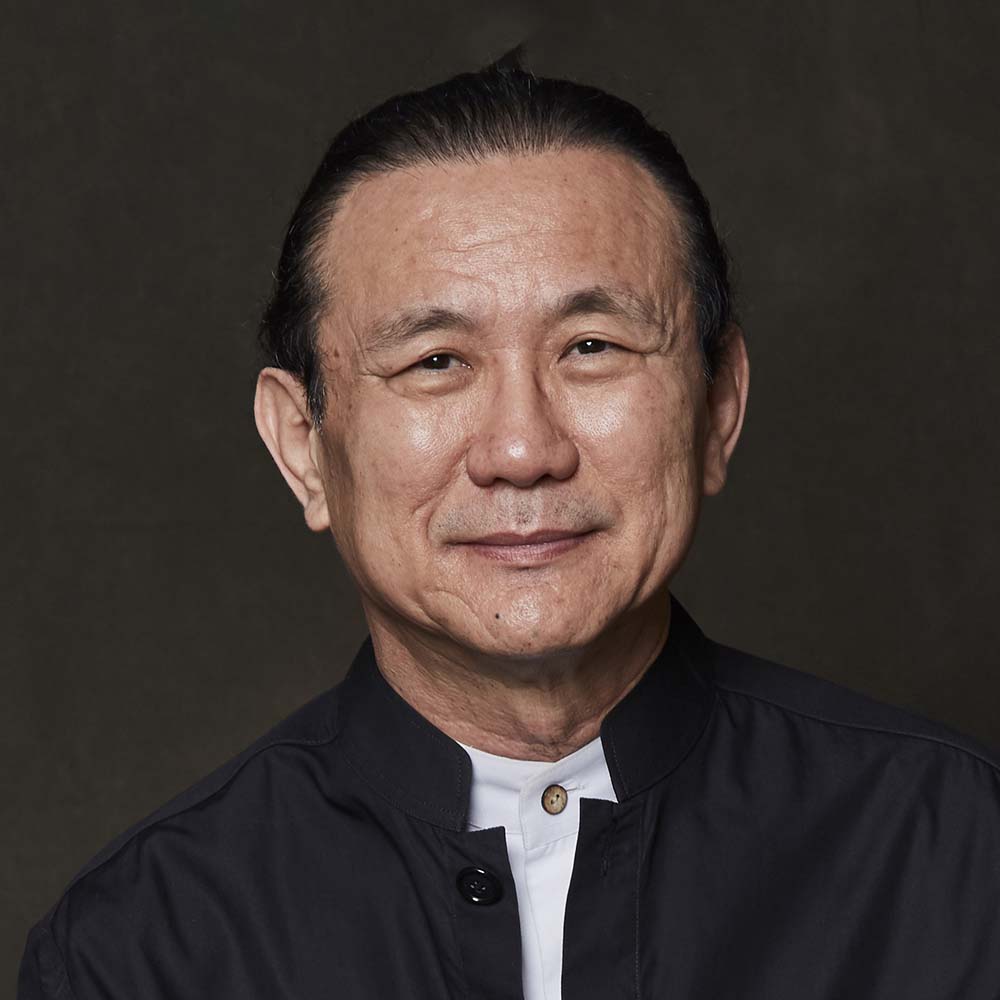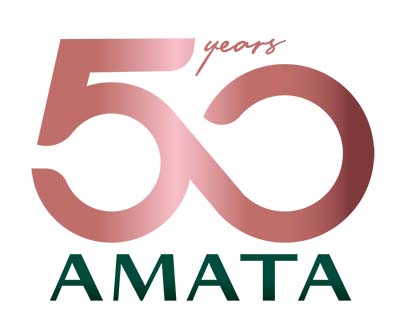Amata, one of Southeast Asia’s leading industrial estate developers, is celebrating the 50th business anniversary of its founder and chairman, Vikrom Kromadit. Since starting his first venture in 1975, Kromadit has played a major role in shaping Thailand’s industrial growth and expanding Amata’s presence across the region. His early businesses paved the way for what would grow into one of Thailand’s most well-known privately developed industrial estates, beginning a long-term commitment to regional development.
The company is now managing and developing more than 11 industrial city projects in Thailand, Vietnam, and Laos. Guided by its “all win” philosophy, Amata focuses on sustainable, long-term growth that supports investors, local communities, and the environment. As the company looks ahead, it remains focused on building smart cities and infrastructure that align with regional development goals and global sustainability standards.
Vikrom Kromadit, founder and chairman of Amata Corporation, discusses his milestones and vision in this exclusive interview:
Bridges: Amata celebrates 50 years in business under your leadership. What milestones stand out?
Kromadit: Fifty years ago, in 1975, I returned to Bangkok after graduating from National Taiwan University and started my first business, an import-export trading company. Thirteen years later, after running V&K Enterprise, I seized an opportunity and founded Bangpakong Industrial Park in 1988, marking my entry into industrial estate development.
After that park was sold out, I established Bangpakong Industrial Park 2 in 1989, now known as Amata City Chonburi. I started this project with $25 million on 48 hectares of land.
Once Amata was firmly established in Thailand, I began exploring investments abroad. By the end of 1994, we received an investment registration license for our first industrial park in Vietnam through a joint venture with Sonadezi.
Since then, we’ve grown continuously and steadily. Today, we manage and develop more than 11 industrial city projects across Thailand, Vietnam, and Laos. Amata City Chonburi has expanded to more than 3,200 hectares, including our latest development next door: Smart City Chonburi, which spans another 1,300 hectares. This project in Chonburi has grown nearly tenfold over the years. Vietnam encompasses more than 3,000 hectares across four strategic projects. The new development in northern Laos is set to unfold and commence this year, in its initial phase on 900 hectares and expandable to up to 3,150 hectares
Fifty years on, Amata stands as a symbol of resilience, innovation, and ethical growth.
Vikrom Kromadit, Founder and Chairman of Amata
How does Amata’s “all win” business philosophy guide strategic collaborations with customers in creating perfect cities that support global businesses and the communities around them?
I recall the phrase “all win” coming to mind after Thailand’s 1997 Tom Yum Kung crisis, a time when we had just managed to repay all our debts. The idea resonated deeply with me and became a guiding philosophy for all Amata businesses from then on.
“All win means that all sides in the Amata equation are successful, including the environment.”
It emphasizes ethical practices, efficient resource use, and a respectful balance with nature. In a world where many prioritize profit over ethics, “all win” underscores the importance of doing business with integrity. We believe in creating value not only for our shareholders but also for the communities in which we operate.
Our focus on family and community helps build lasting economic stability and enriches lives.
Amata is committed to social and environmental responsibility. Our “all win” philosophy drives us to create balanced, sustainable value for all stakeholders.
We are dedicated to developing perfect smart cities that promote environmental sustainability and economic growth at both the community and national levels, aligned with the United Nations Sustainable Development Goals (UN SDGs).
With Amata’s footprint expanding across Asia, how is your industrial city model evolving across different markets? What challenges and opportunities come with adapting to new countries and industries?
Our foundation remains the same across all markets: choose the best strategic locations with strong infrastructure, the kind that investors need to succeed. Guided by our “all win” philosophy, we pursue fair growth and long-term partnerships.
For example, our success in Vietnam, as a Thai developer, has been built on mutual respect and local acceptance. Every country is unique, and we respect that. Cultural sensitivity and adapting to different ways of doing business are essential. But our experience overcoming challenges in Thailand has prepared us well for entering new markets.
We deeply value the strong partnerships that support us. “Amata wasn’t built overnight, it was built through hard work, sacrifice, and above all, trust from people who believed in this journey.”
Amata wasn’t built overnight, it was built through hard work, sacrifice, and above all, trust from people who believed in this journey.
Vikrom Kromadit, Founder and Chairman of Amata
What’s your long-term vision for Amata’s role in Thailand’s economy? How do you see the company continuing to lead over the next 50 years?
Sustainable industrial development provides jobs, attracts foreign direct investment (FDI), and contributes meaningfully to the national GDP. Industry has transformed Thailand from an agricultural to an industrialized nation. We firmly believe that economic growth brings prosperity to both people and the country.
At the same time, we must acknowledge global challenges, especially climate change. These issues can’t be ignored. We must support our customers by providing an ecosystem that is competitive, future-ready, and aligned with transformation.
At Amata, we continue to build beyond tomorrow. Facing the future presents a new opportunity.
The next 50 years won’t just be about expansion. They’ll be about creating sustainable living environments and ethical business practices that leave a lasting, positive impact on people and the planet, building a legacy that endures.
Thus, we are constantly evolving. “Success isn’t just wealth or fame. It’s about making the world a better place.”
Fifty years on, Amata stands as a symbol of resilience, innovation, and ethical growth. Under Vikrom Kromadit’s leadership, the company remains dedicated to building smart cities that balance business success with community development and environmental stewardship, living proof that progress and purpose can go hand in hand.




